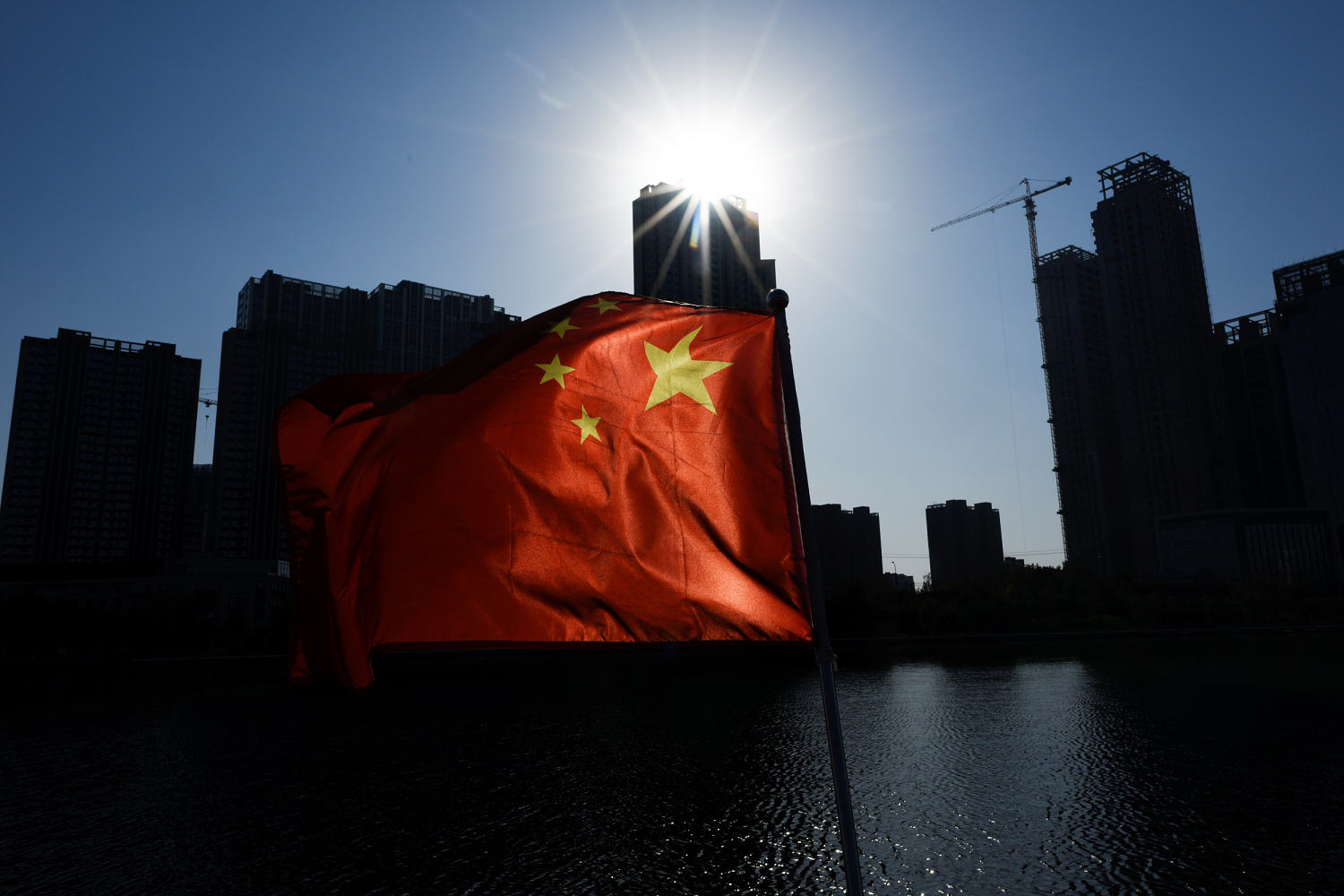
China on Sunday said it “resolutely opposes” the U.S. decision to add multiple Chinese entities to its export control list in a bid to further curb Russia’s access to advanced U.S. technology required for its weapons.
In a statement published on state media Xinhua, a spokesperson from China’s Ministry of Commerce called the move “a typical act of unilateral sanctions and long-arm jurisdiction.”
The spokesperson also said the act “undermines the international trade order and rules” and impacts the “security and stability of global industrial and supply chains.” The spokesperson said Beijing will take action to safeguard the rights and interests of Chinese firms.
The U.S. on Friday said it is tightening export controls to “further restrict the supply of both U.S.-origin and ‘U.S. branded’ items to Russia and Belarus for the Kremlin’s illegal war on Ukraine.”
A total of 123 entities were added to the list, including 42 located in China, 63 from Russia and 14 in Türkiye, Iran and Cyprus.
Firms on the “Entity List” are subjected to export restrictions and licensing requirements for certain technologies and goods.
“We will continue our multilateral approach to attack this problem from all sides and use every tool in our arsenal to prevent Russia from gaining access to the advanced U.S. technology needed for its weapons,” Undersecretary of Commerce for Industry and Security Alan Estevez said in a statement.
The U.S. also targeted diversion through shell companies by adding four “high-diversion risk addresses” in Hong Kong and Türkiye to the Entity List. Parties using those addresses to conduct transactions will require a license to do so.
The Biden administration in February imposed trade restrictions on 93 entities from Russia, China, Türkiye, the United Arab Emirates, Kyrgyzstan, India and South Korea for allegedly supporting Russia’s war effort in Ukraine.
In April, the Office of the U.S. Trade Representative initiated a probe into China’s maritime, logistics and shipbuilding industries, alleging that Beijing used “unfair, non-market policies and practices” to dominate these sectors.
